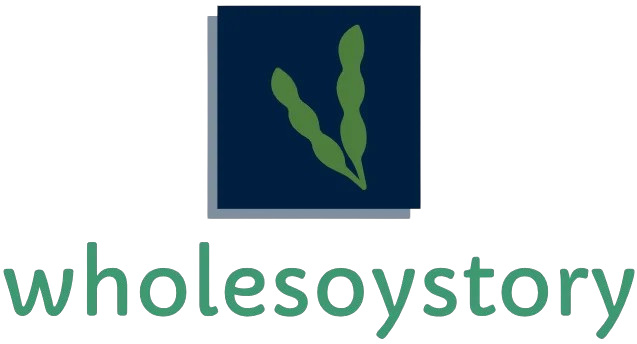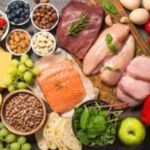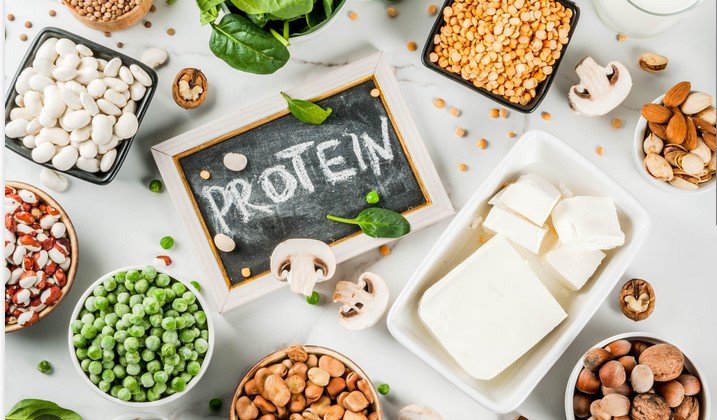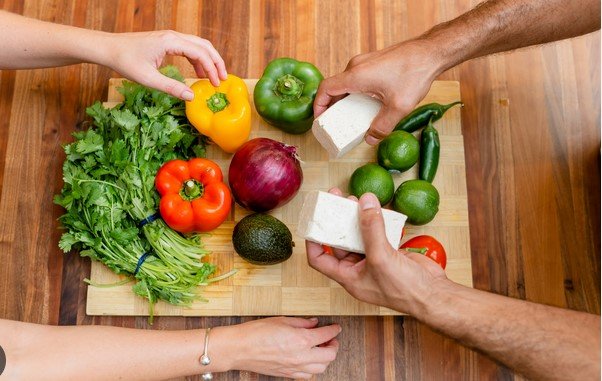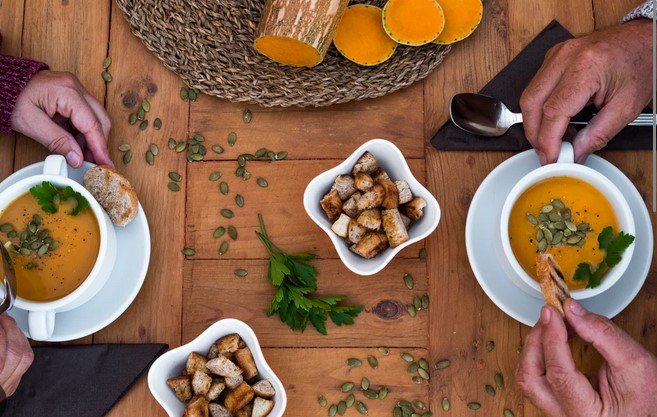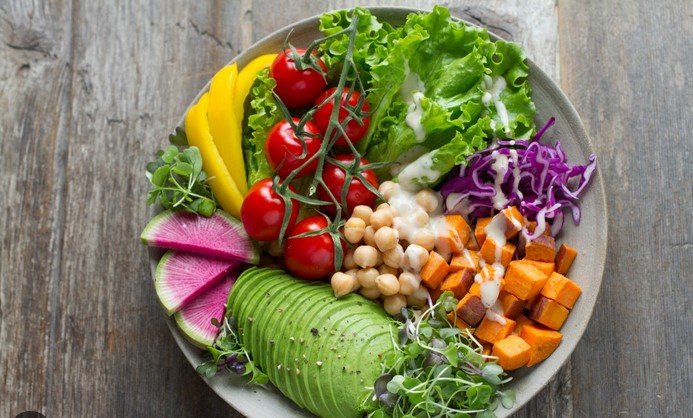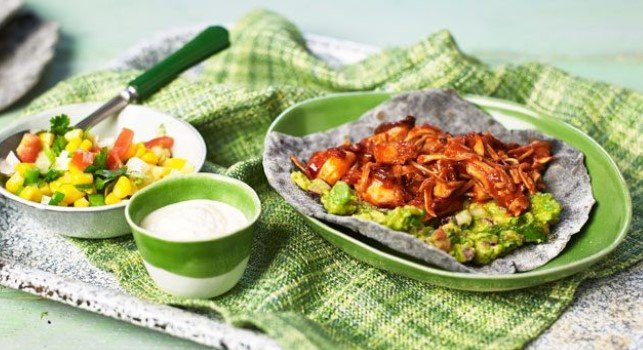Getting enough protein on a vegan diet is entirely possible with the right food choices. Protein is essential for muscle growth, repair, and overall health. While animal products are commonly known for being high in protein, there are plenty of plant-based options that provide all the protein you need. Here are some excellent protein sources for a vegan diet that can help you stay strong and healthy.

Legumes: Beans, Lentils, and Chickpeas
Legumes are some of the best sources of protein for vegans. Beans, lentils, and chickpeas are rich in protein, fiber, and other essential nutrients. For example, one cup of cooked lentils contains about 18 grams of protein. Beans like black beans, kidney beans, and pinto beans are also packed with protein.
Incorporating legumes into your meals is easy. You can use them in soups, stews, salads, curries, or as a base for veggie burgers. They are not only protein-rich but also provide a good source of iron and fiber, making them an essential part of a balanced vegan diet.
Tofu and Tempeh: Versatile Soy-Based Proteins
Tofu and tempeh are two popular soy-based protein sources in the vegan diet. It is made from soybeans and is packed with protein, offering around 10 grams of protein per half-cup serving. It’s incredibly versatile and can be used in savory dishes like stir-fries, scrambles, or even desserts.
Tempeh, made from fermented soybeans, is another great source of protein, providing about 15 grams per half-cup serving. Tempeh has a firmer texture and a nuttier flavor compared to tofu, making it perfect for sandwiches, salads, or grilling. Both tofu and tempeh are also excellent sources of calcium and iron.
Quinoa: A Complete Protein
Quinoa is a whole grain that provides all nine essential amino acids, making it a complete protein. This makes quinoa an excellent choice for vegans looking to ensure they get a balanced array of amino acids in their diet. One cup of cooked quinoa contains about 8 grams of protein.
Quinoa is not only protein-rich but also gluten-free, making it a great option for those with gluten sensitivities. Use quinoa as a base for salads, grain bowls, or even as a substitute for rice in stir-fries. It’s a nutritious and filling protein source that works well in a variety of dishes.
Seitan: High-Protein Meat Alternative
Seitan, also known as wheat meat, is another excellent vegan protein source. It’s made from gluten, the protein in wheat, and contains around 21 grams of protein per 3-ounce serving. Seitan has a chewy texture that mimics meat, making it a popular choice for those craving meat-like dishes.
Seitan can be used in a variety of ways, from stir-fries to sandwiches to mock meats like vegan sausages and burgers. However, it’s important to note that seitan is not suitable for those with gluten sensitivities or celiac disease. If you tolerate gluten, seitan is a great high-protein option.
Nuts and Seeds: Healthy Protein Boosters
Nuts and seeds are great sources of protein, healthy fats, and fiber. Almonds, peanuts, sunflower seeds, chia seeds, and hemp seeds are all packed with protein. For instance, one ounce of almonds contains about 6 grams of protein, while hemp seeds provide about 10 grams of protein per 3 tablespoons.
You can add nuts and seeds to smoothies, oatmeal, salads, or eat them as a snack. Nut butters, such as almond or peanut butter, also provide a delicious way to boost your protein intake. In addition to protein, nuts and seeds are rich in essential fatty acids and antioxidants.
Edamame: A Protein-Packed Snack
Edamame, or young soybeans, is another soy-based protein source that’s perfect for a vegan diet. These little green beans pack a punch, offering about 17 grams of protein per cup when cooked. Edamame is also rich in fiber and essential nutrients, including folate and vitamin K.
You can enjoy edamame as a snack, add it to salads, or toss it in stir-fries. Edamame is not only protein-dense but also a great way to satisfy hunger between meals.
Plant-Based Protein Powders: Convenient Protein Boost
For those who need extra protein in their diet, plant-based protein powders are a convenient option. Protein powders made from peas, brown rice, hemp, or soy can provide a quick and easy protein boost. These powders can be added to smoothies, baked goods, or even mixed into oats.
Plant-based protein powders typically contain around 15-20 grams of protein per serving. They are especially useful for athletes, bodybuilders, or anyone who needs to supplement their protein intake. Just be sure to choose powders with minimal additives and sweeteners for a healthier option.
Conclusion
There are many delicious and nutritious protein sources available on a vegan diet. From legumes like beans and lentils to soy-based products like tofu and tempeh, to whole grains like quinoa, vegans have no shortage of options. Adding nuts, seeds, edamame, and even plant-based protein powders can further boost protein intake. With a variety of plant-based proteins available, you can easily meet your nutritional needs while enjoying a diverse and satisfying vegan diet.
